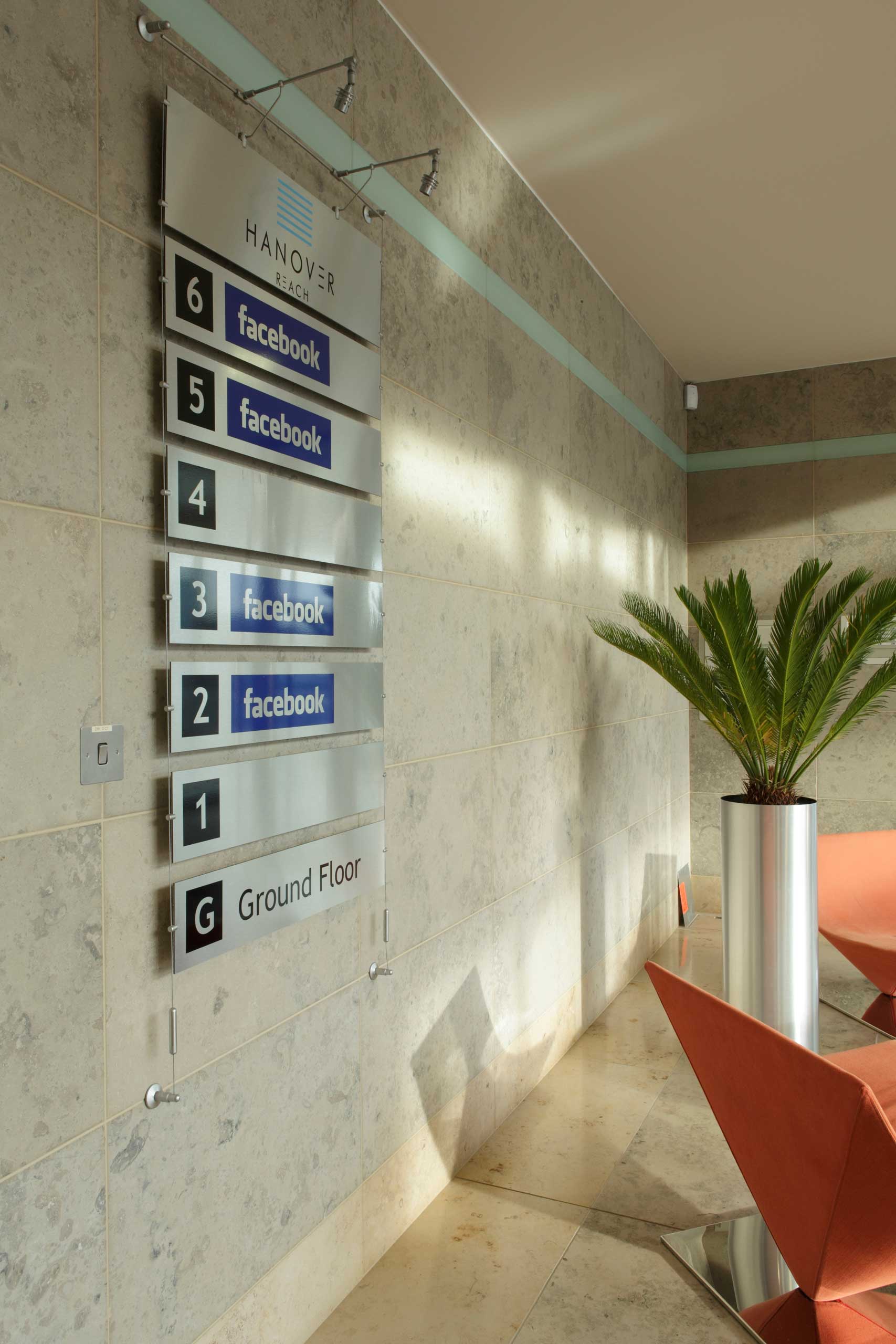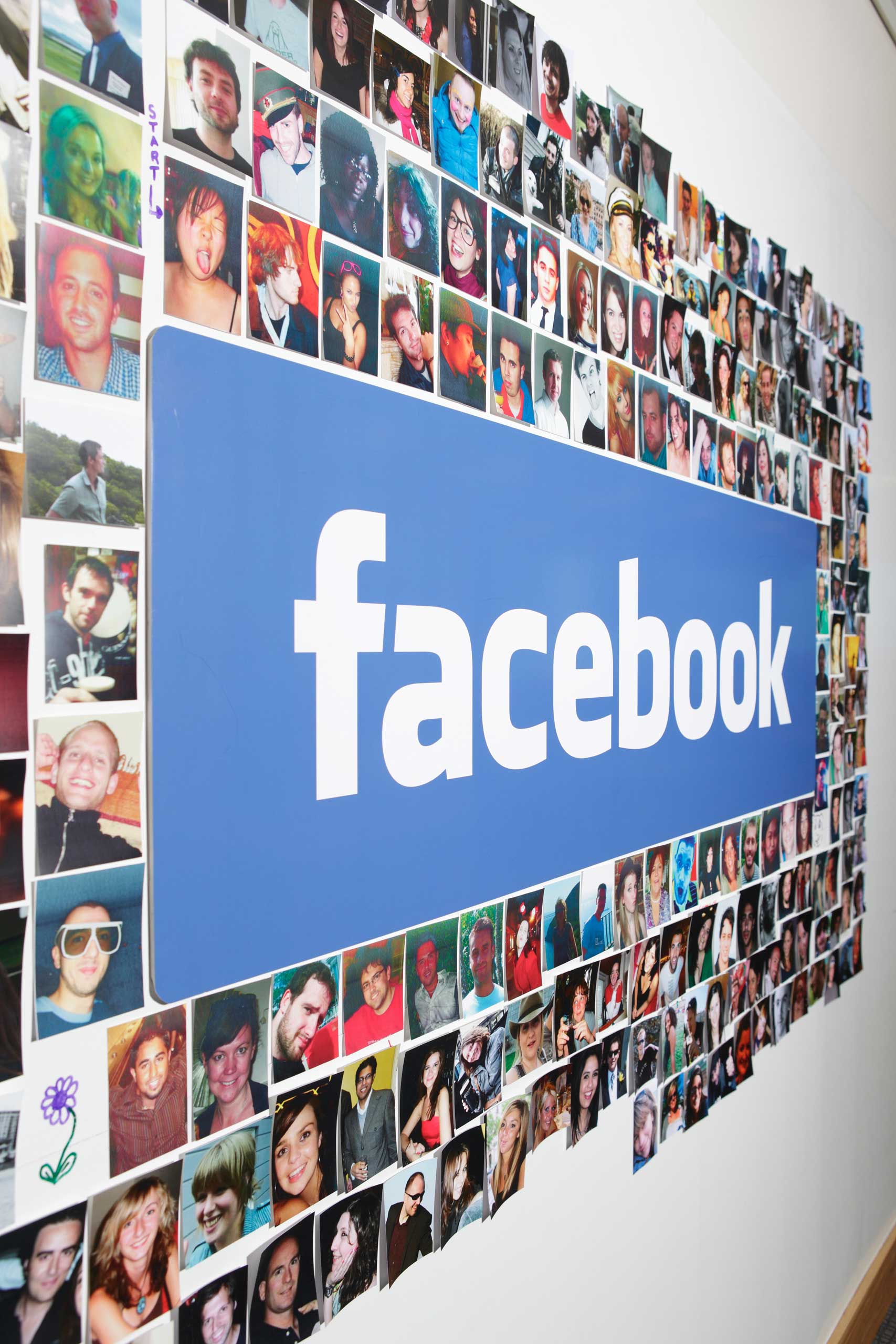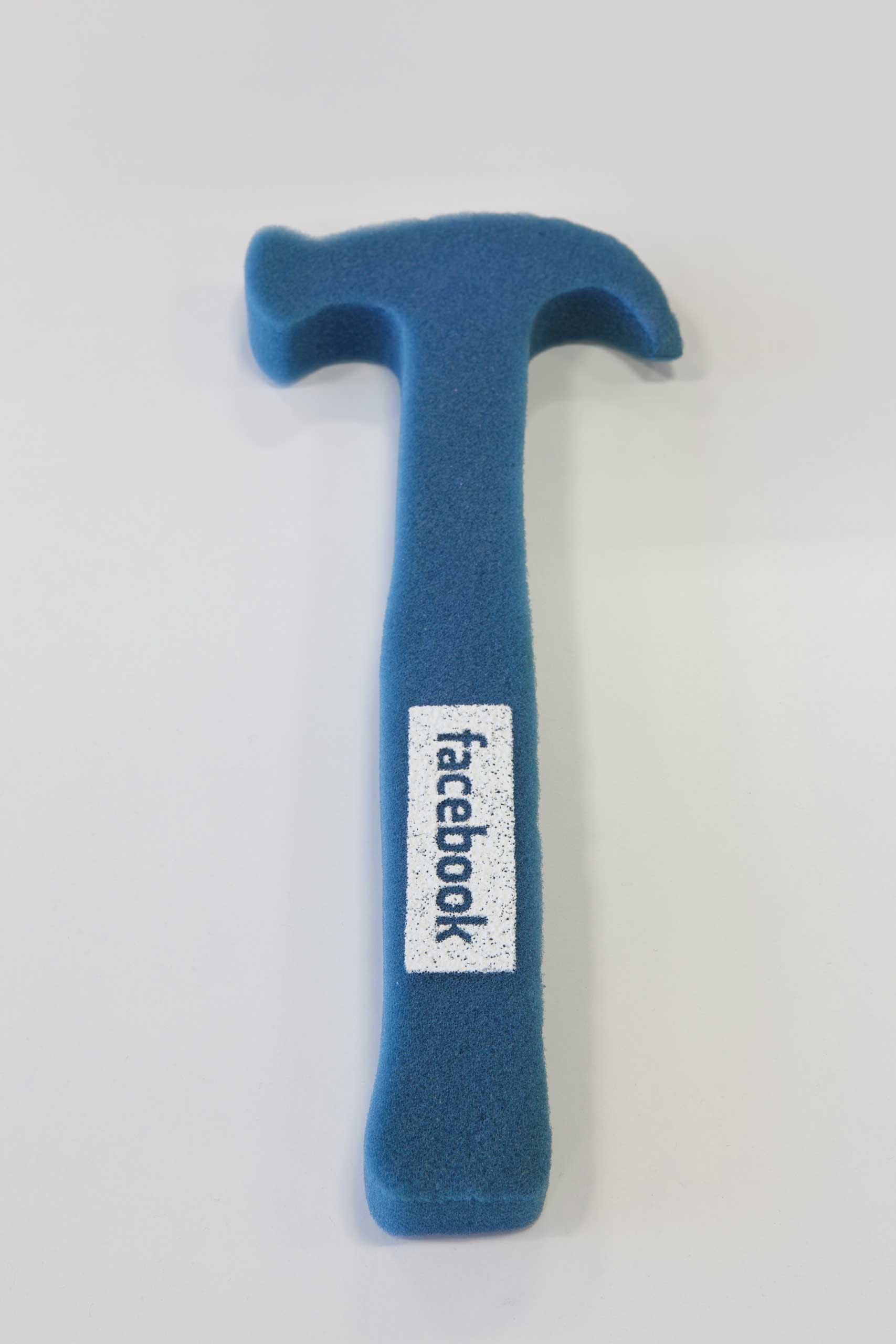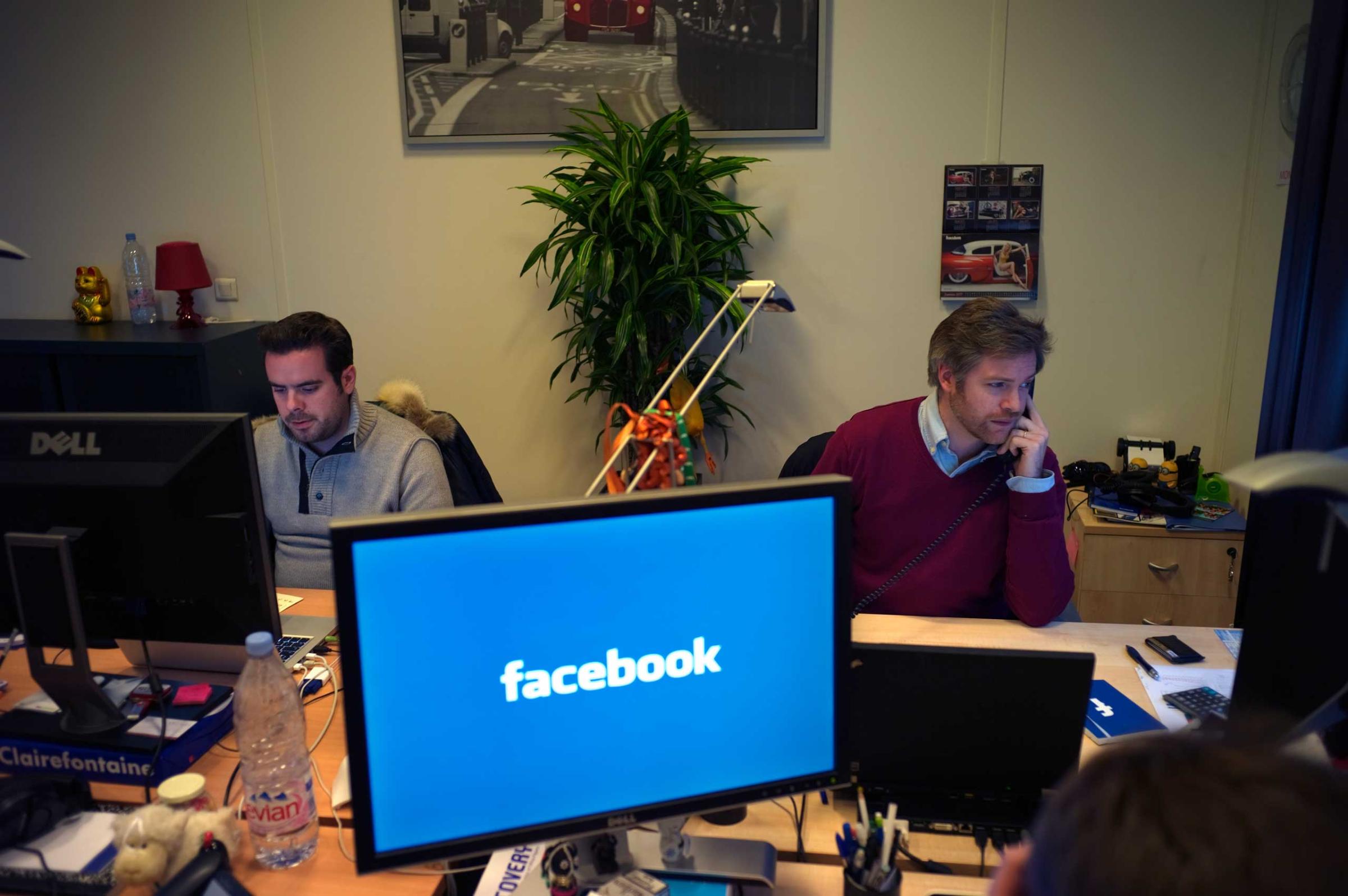
Facebook wants to be one of the only, if not the only, website you ever need to visit — even when you’re at work.
“Facebook at Work,” the Menlo Park, Calif.’s workplace communications platform, is being piloted at 450 companies as of March 2, the company says. That’s up 50% from six months ago. Previously, around 300 companies had been participating in the trial program.
Facebook at Work is a version of the world’s biggest social media network where users interact only with their coworkers. It’s meant to help employees connect and collaborate.
Profiles on Facebook at Work are separate from users’ personal pages. But the two platforms offer many of the same characteristics, like the News Feed. Features that get added to Facebook’s primary offering typically make their way to Facebook at Work as well.
“Basically every Facebook engineer is contributing to Facebook at Work somehow,” says Julien Codorniou, director of Facebook at Work.
Facebook at Work is still in its early stages. But the company’s ambitions go beyond making just another office communication tool. The firm is aiming to turn Facebook at Work into a platform through which employees can access and collaborate over other popular workplace tools, like Microsoft Office and Salesforce.
“That’s currently an ambition,” says Codorniou. “We’re not there yet, but we’re building it.”
One potential upshot of platforms like Facebook at Work: Fewer emails. As workplace chat platforms make real-time communication more efficient, our inboxes could get quieter.
“We’ve seen that when we deploy Facebook at Work, in large companies or small companies, people just send less email, especially internally,” says Codorniou. “Every email you send to more than two people internally can be replaced by something on Facebook at Work.”
Facebook at Work faces several challenges, not the least of which are workers’ and IT departments’ reluctance to learn or install new software. The $620 million enterprise software market a crowded space, including industry stalwarts like Microsoft as well as young upstarts like Slack. (The latter of which recently announced new features that could make workers still more reluctant to give it up.)
But Codorniou isn’t worried about enterprise-focused rivals. He argues that Facebook’s familiarity — over one billion people worldwide use the platform daily — will give it an edge. “Most of the companies who are deploying, one of the many reasons they are launching Facebook at Work is because they want to give their employees the same tools they have when they’re not at work,” he says.
Around the World With Facebook



















The social network believes it has another advantage, too: Speed.
“[Our customers] feel that we keep iterating, we keep shipping things, and they get that speed of innovation that was historically coming from the world of consumer software,” says Codorniou.
More Must-Reads from TIME
- How Donald Trump Won
- The Best Inventions of 2024
- Why Sleep Is the Key to Living Longer
- Robert Zemeckis Just Wants to Move You
- How to Break 8 Toxic Communication Habits
- Nicola Coughlan Bet on Herself—And Won
- Why Vinegar Is So Good for You
- Meet TIME's Newest Class of Next Generation Leaders
Contact us at letters@time.com